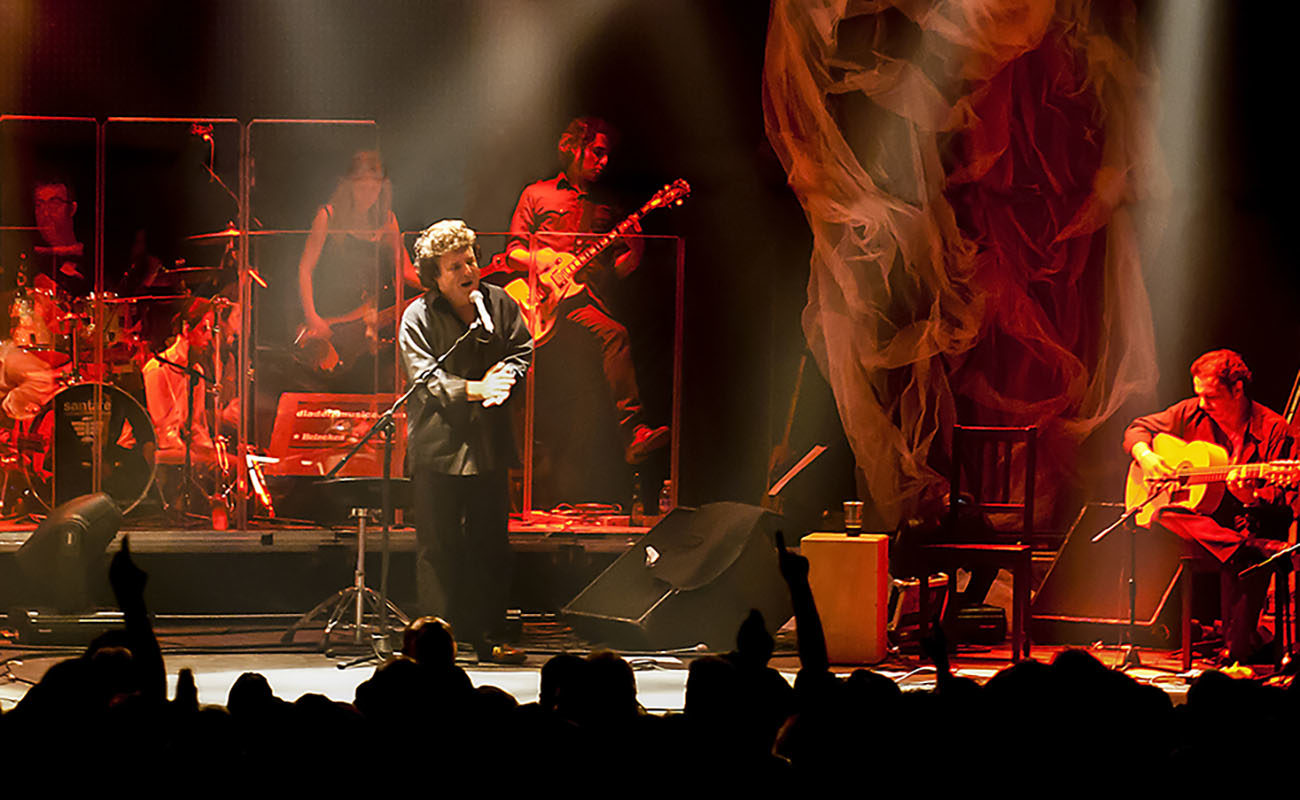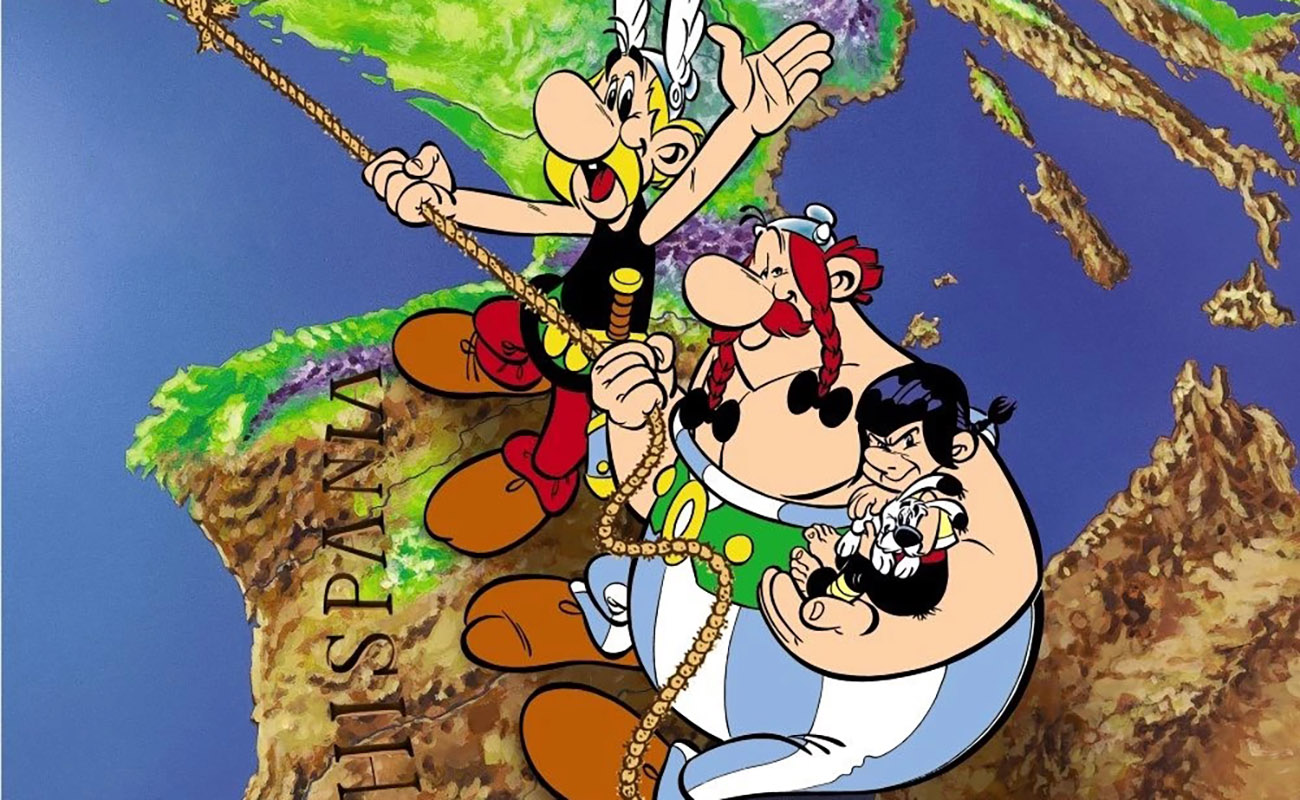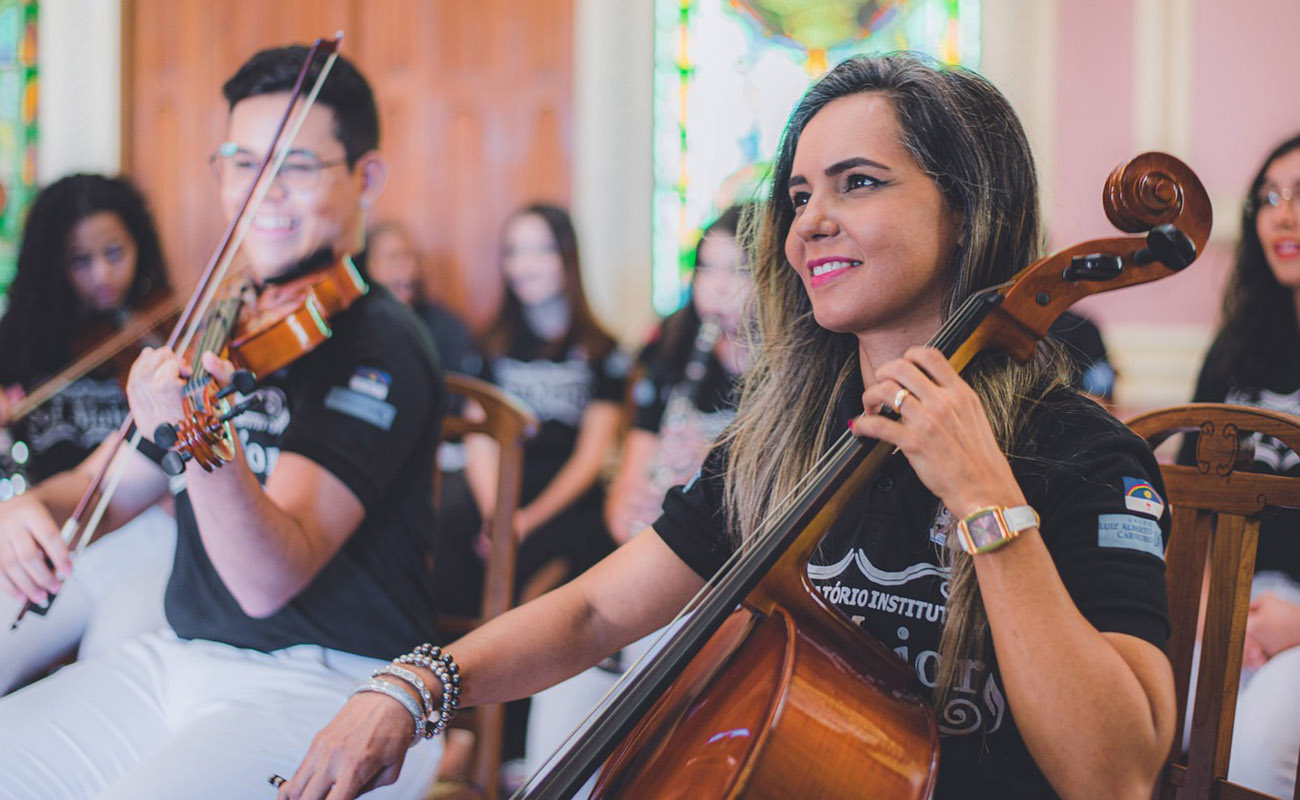Omega, hurricane of electric resistance
Paraphrasing both Kiko Veneno and Enrique, music should be listened with universal ears and, now and then, we should annoy a little, as it’s not fair that’s just us being annoyed.

April 4, 1998, Munster stage of the now-extinct Espárrago Rock music festival of Granada, whose slogan that year was En Memoria de Federico. It was mid-afternoon when the first accords of Omega were heard; it seemed as if something was about to explode, unconstrained. That was quite a jolt. Even today, listening to Omega invariably induces an experience bordering the supernatural.
Manuel Jobois used precise words in the booklet included with the wonderful Morente documentary DVD: “The first verses in this album, in its namesake first track, belong to [Lorca’s poetry book] Poeta en Nueva York: as the night is endless when it leans on the sick / and ships crave to be seen, so they can sink in peace. The trance doesn’t stop there. Omega’s explosion is so strong that it’s automatically rejected by so-called tradition; this happens with faith, with sex, with politics, with art; as it always happens whenever evolution achieves unusual speed, our first reaction is to shield ourselves”.
That is what Omega did to us that afternoon, an afternoon in Granada of such unexpected epiphany: it blew our minds, no matter how much we had tried to shield ourselves… until I came across Don Enrique Morente, a flamenco cantaor who identified symmetry with death and unorthodoxy with life, heartbeat, horizon.
Morente’s relationship with Granada’s rock goes back to the early 1980s. It was a relationship of mutual admiration and respect: with the bands 091, Lagartija Nick and, much later, Los Planetas. And with Antonio Arias since the very beginning, of course. It was hallucinating: the shabby punk rockers loved the master in all his integrity; Morente loved the power of rock made by those kids and by 1982, in Sacromonte, he took the first step towards electricity. Still in 1982, there is an anecdote, precise, definitive and lovingly prophetic: we were on the stage of the Rock-Ola, temple of the “Madrid Scene” and its reportedly endless nights (as those who experienced it claim to remember); 091, TNT, KGB and Los Cero, plus two bands of early punk rock, also from Granada, performed together Morente’s La Estrella. That is, Omega is not some random whim, or a senseless experiment dreamed off in some bar, where the protagonists of this story of Granada met and chatted with love and curiosity. That, too; but, in essence, Omega is a quest, and I quote Luis García Montero:
“Enrique had the strength of a creator who knew his trade, who considered himself an heir of the past and walked with freedom to put that heritage in the present time. Enrique was not just a follower of Pepe La Matrona or the author of albums such as Cante flamenco and Cantes antiguos del flamenco, published by Hispavox in the late 1960s. He wasn’t just the author of Homenaje a Don Antonio Chacón. He also probed new roads and produced theatrical and musical experiences willing to explore different cultures and break molds.”
And that’s basically what we wanted: to break molds. Enrique Morente and Lagartija Nick helped us to break quite a few, essentially inside our own universe of Pop Culture.
Morente is large as life itself. Bob Dylan was also yelled at, accused of being a sellout and a traitor. And so what? Both sang for everyone, from Granada to New York, like Lorca (or Cohen); they belong, by their own merit, to the collective heritage of poetry and noise, tradition and risk-taking. Just like Omega: it’s all of this, and its total opposite. Pure pop.
It’s fascinating that, even today, there are heated flamenco discussions whenever the name of Enrique Morente is mentioned. Personally, as I still don’t have a clue about flamenco, I don’t see any problem with either Morente or Sonic Youth (although its contribution is just a footnote, comparing with the huge imperial greatness of Omega). The truth is that I would die to be able to witness that moment when, as Morente watched Sonic Youth’s sound check, he blurted out to Eric Jiménez: these guitars are a bit out of tune, aren’t they, Eric?
Paraphrasing both Kiko Veneno and Enrique, music should be listened with universal ears and, now and then, we should annoy a little, as it’s not fair that’s just us being annoyed. Or: tighten the strings to create something more beautiful, more savage, more authentic. Lorca would have loved it. As Morente’s song goes, Oye, esta no es manera de decir adiós (“Look, this is not how you say goodbye”).

Hipólito Borreguero Sánchez




